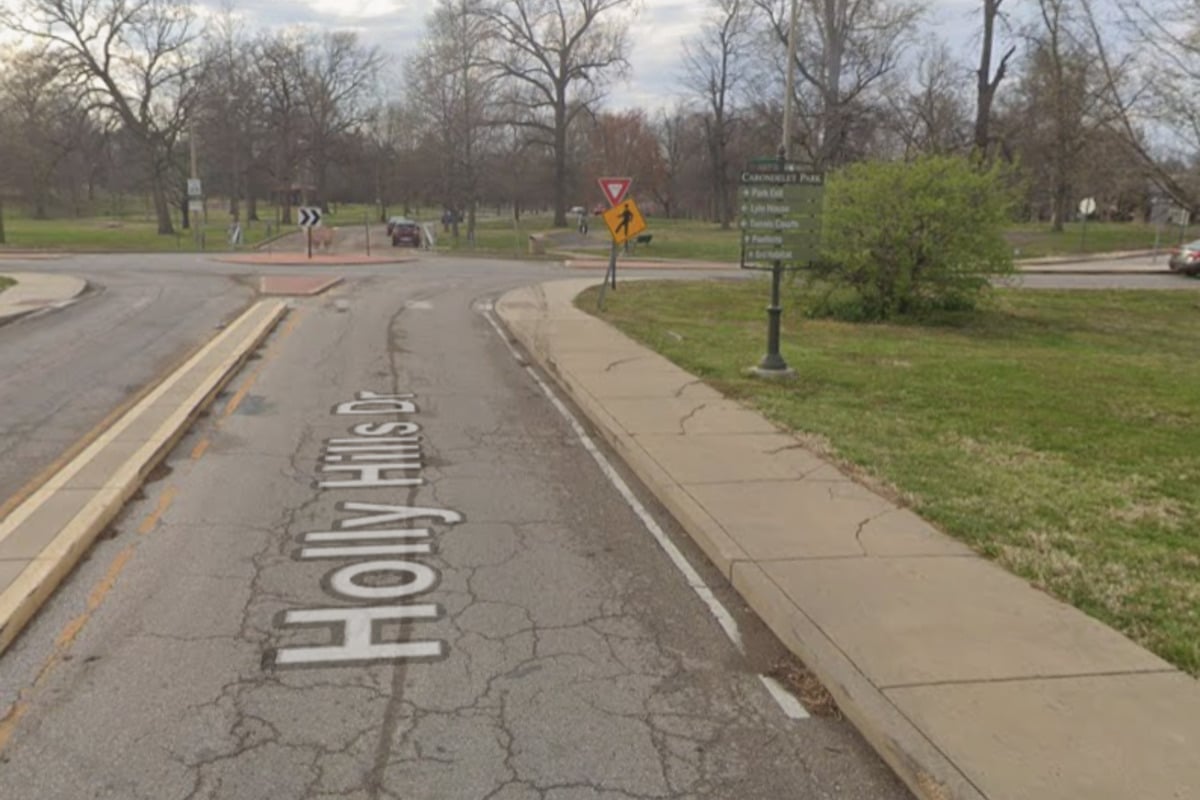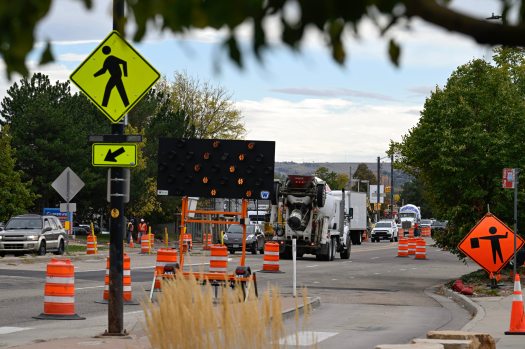UPDATE: California’s Proposition 50 has officially passed in a special election, with 64.5% of voters supporting the measure aimed at redrawing congressional districts to counter Republican gerrymandering in Texas. The decisive vote took place on Tuesday night, according to The Associated Press.
As of the latest reports, with 28.0% of precincts counted, the amendment—dubbed “The Election Rigging Response Act”—is set to temporarily redraw district boundaries, potentially giving Democrats a crucial edge in upcoming elections, particularly in five key districts throughout the state.
Governor Gavin Newsom spearheaded this initiative, which was placed on the ballot by the Democratic-led state Legislature. The push for Prop. 50 was driven by concerns over Republican-led redistricting efforts in Texas, which deviated from the traditional practice of using U.S. Census data to define district maps.
Newsom, who is positioning himself for a possible presidential run in 2028, has criticized President Donald Trump for what he describes as an “unprecedented power grab.” He, along with prominent Democratic figures like Rep. Nancy Pelosi and former President Barack Obama, argues that Prop. 50 is essential to safeguard democracy against partisan manipulation.
The financial backing for Prop. 50 has been substantial. As of Monday, supporters had raised nearly $171.7 million, compared to about $84.5 million from opponents. The state of California has allocated $251.3 million to assist counties in conducting the election, highlighting the high stakes involved.
Top contributors to the pro-Prop. 50 campaign included organizations like the California Teachers Association and venture capitalist Michael Moritz, who each provided millions in support. Critics, including Charles T. Munger Jr., who contributed nearly $32.8 million, argue that Prop. 50 undermines the independent redistricting process established in 2010, which aimed to eliminate political bias from district mapping.
Munger expressed disappointment over the passage of Prop. 50, stating, “I am saddened by the passage of Proposition 50. But I am content in this, at least: that our campaign educated the people of California.” He emphasized the need for a temporary measure that returns the responsibility of drawing congressional districts to the Citizens Redistricting Commission, which must be adequately funded to fulfill its duties.
Prop. 50 will implement new, legislatively drawn congressional maps starting in 2026, reverting to the independent commission after the 2030 Census. While the measure could tilt the scales in favor of Democrats, it does not guarantee electoral victories.
The implications of Prop. 50 extend beyond California, as it calls for changes at the federal level, urging Congress to amend the Constitution to require nonpartisan redistricting commissions nationwide.
As this story develops, the political landscape in California—and potentially the nation—could shift significantly, making the passage of Prop. 50 a pivotal moment in the fight against gerrymandering. Watch for reactions from both supporters and opponents as the electoral implications become clearer in the coming days.







